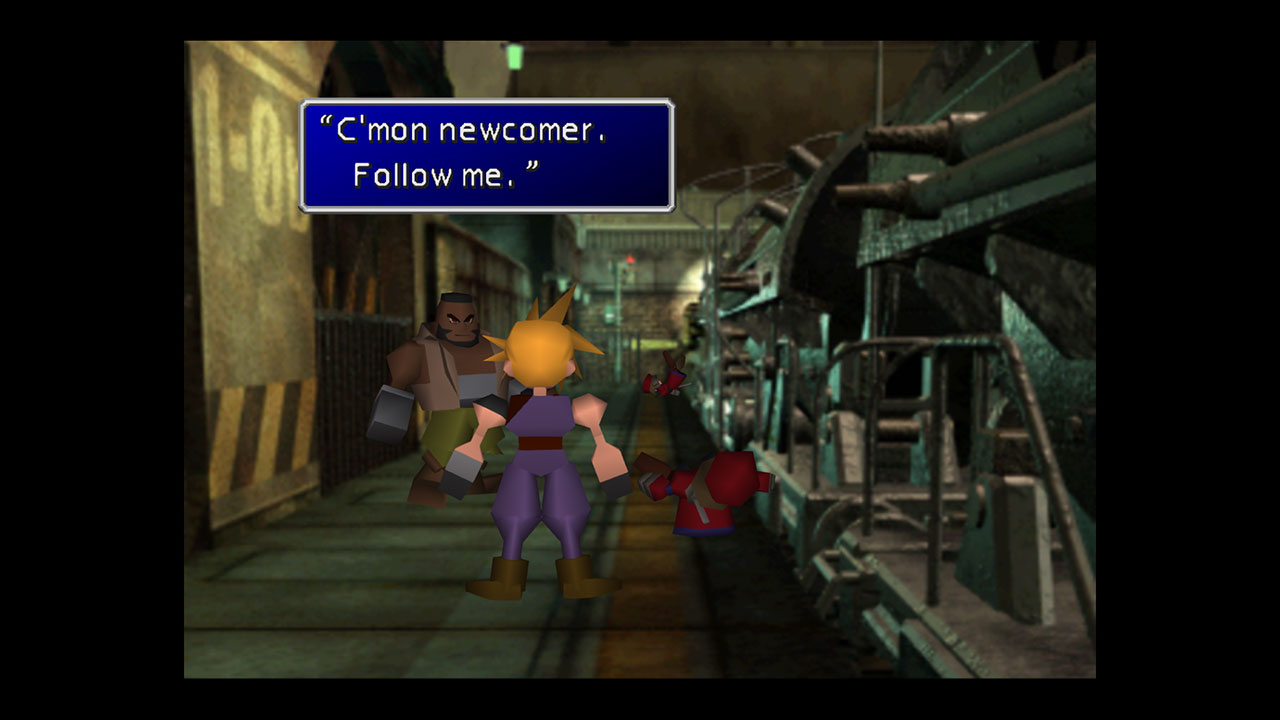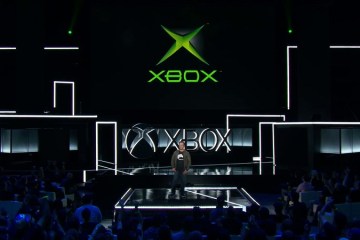Upon my initial completion of 2018’s God of War, I found myself sitting in reflective silence. I think about the virtual journey I was on and what it was all about. I think about the characters and the world that I was a part of. Musing over the completion of games is a rather strange ritual. I know that I will never get to experience these games the same way ever again. I also reflect because I am sizing the game up against other experiences I have had in the past, and wondering where this game stacks up against others. Upon completing the game a second time, a rarity these days for me, I come to the conclusion that God of War is a perfect game. You might not agree, and that is fine, I’m not expecting anyone to.
After the recent release of The Last of Us 2, the more vocal gaming community started to question the validity of critic reviews. As many outlets started to rate the game with “10’s” across the board, a lot of ideas started to sprout. One of which is that Sony bribed various websites for these stellar scores. Others have stated that Sony blacklists websites if they do not hand over such grand accolades. Granted the falsehood of those statements, no one questions if perhaps the reviewers themselves genuinely thought the game deserved a 10, or as we have grown to call it: “a perfect score.”

The fact of the matter is those that reviewed the game saw it as perfect, and that is absolutely fine. A writer is allowed to express their immense love or distaste for a title. The problem is, we take the concept of “perfection” and place it on a pedestal. We imagine it as some sort of unachievable dream which has become a normalized concept because we deem it impossible. An interesting aspect behind this is when something is deemed “perfect” we tend to draw all of our attention to it due to the established preconceived notion on how impossible perfection is. You see, we have been conditioned by various platforms and social constructs to believe that perfection is objective when it has always been subjective.
The Last of Us 2 is a perfect example of how divisive the community can be when it comes to rating a game. But I will stray from using it as this example because most outlets have given the game that perfect score, and they have backed it up. I would rather like to point to a title that I have yet to pick up and play: Death Stranding.

Death Stranding has been through a lot since it’s released. Referred to by many as a “walking simulator,” Death Stranding has seen it’s fair share of split criticism. IGN gave the game a 6.8 out of 10, stating how dull the game is. Other websites also gave it rather meager scores, but one stood out above the rest and that was Famitsu. The Japanese based gaming magazine gave the game a perfect score, and they are infamous for being rather stingy when it comes to handing out their 40/40 ratings. Currently, Famitsu has handed out 26 perfect scores in it’s 33-year history. Death Stranding has also been nominated for several awards at the 2019 VGA’s. I have to question if the game is indeed perfect, but due to this subjective nature hanging over this, I can only state that some people did find it perfect.
In the case of Death Stranding and even The Last of Us Part 2; we tend to ignore the concept of player tastes. I am someone who will never play nor rate a Madden or FIFA title, because I do not like sports games. I do not have a history of sports titles under my belt, and I cannot tell you the difference between last year’s Madden and this year’s. Between me not liking sports games and this rather cynical approach to the monetization tactics used within these titles, I shouldn’t be seen as someone giving valid criticism. I am not saying that you have to like sports titles to accurately review them, but I am saying that there is an element that caters to the reviewer’s sensibilities. Someone who likes sports games might have played more of them, and could easily attribute accurate criticism. It’s not impossible to say that a perfect Madden game exists, but we have to pay attention to why the reviewer says the game is perfect. If perfection is so important, we need to understand what brings games to that “impossible” level.

As reviews are glossed over in favor of rushing to the numerical score at the bottom, any effort for the reviewer to provide any context is immediately wasted. All the work is instantly dismissed, and any angle of understanding is gone. If someone gives a game a perfect score, it’s important to understand why it is perfect. As I said before, we tend to take these perfect games and try to justify why they are not perfect, due to that impossible factor. If we do not listen to what others have to say, we become ill prepared to engage in conversation about the title. When it comes to advanced reviews, writers are supposed to educate the reader. The goal is to have the reader understand the context and determine if a game meets their criteria that ends in the purchase of said game. Eventually, that purchase opens the door for the reader to offer fair criticism of a title via their personal experience. This is unlike the amount of criticism a title gets based entirely on leaked information, which has not been determined to be truthful, nor useful.
I have called God of War a perfect game and I have evidence that validates my claims. The combat is tight while providing me with the proper amounts of freedom that makes me feel as powerful as the god Kratos is. The story and dialog feels natural and moving to a point where it provoked an emotional response that I didn’t expect. Most of all, there wasn’t a single moment in the game that made me dread revisiting it in the future. Before I consider revisiting a title, I ponder if I want to go through a certain level again and revisit the frustrations I had the first time around. Those concepts just do not exist with God of War, to me. Others might find some aspects jarring and that’s fine. They are allowed to have that opinion, and it doesn’t take away from my enjoyment.
One day you will find a game, movie, or comic that is just perfect from beginning to end. It will resonate with you. It will be bound to you, reminding you of the time you first experienced it’s majesty. As you take this medium, and show it to others, they will either like or dislike it. They will join you in deep conversations, or display their own criticisms of it. No matter what the case, always keep it close to you. Revisit it like a friend who is in town and wants to stop by. When I jump back into these games, I am reminded of times long gone, but never truly forgotten. When you are happy playing a game a thousand times over, or find yourself enthralled by an unforgettable experience, you have then found perfection; and no one can take that away.


